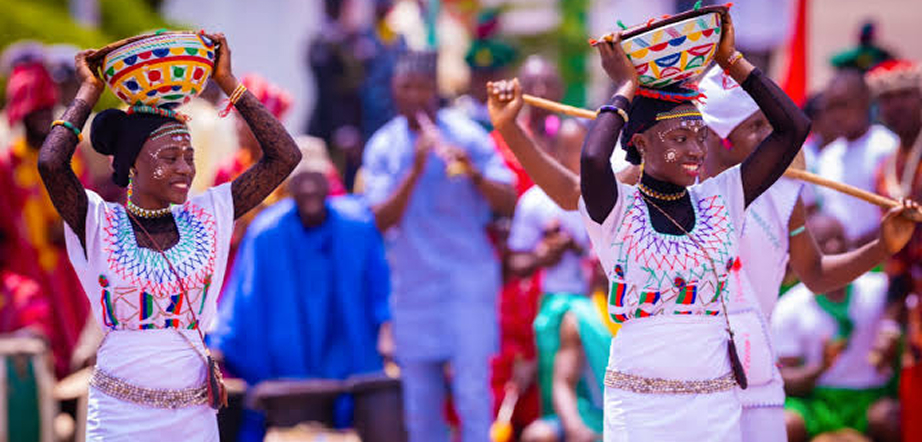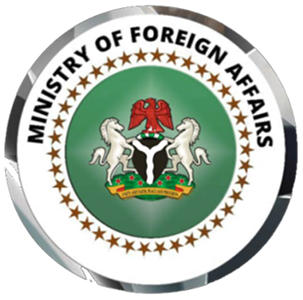The Nigerian government in September, 1988, launched the “National Cultural Policy”. This policy document defined culture as “ the totality of the way of life evolved by a people in their attempt to meet the challenges in their environment which gives order and meaning to their social, political, economic, aesthetic and religious norms and modes of organisation, thus distinguishing a people from their neighbour”. As a further step, the Federal Government in June 1999, created the Federal Ministry of Culture and Tourism by mid 2006, the ministry was renamed Federal Ministry of Tourism, Culture and National Orientation, with the mandate to promote the nation’s rich cultural heritage, through the identification, development and marketing, of the diverse cultural and tourism potentials. However In November 2015, the Ministry of Culture and Tourism was later merged with the ministry of information, which is now known as the Ministry of Information, Culture and Tourism.

The culture of Nigeria is shaped by Nigeria’s multiple ethnic groups. The country has over 50 languages and over 250 dialects and ethnic groups. The three largest ethnic groups are the Hausa-Fulani who are predominant in the north, the Igbo who are predominant in the south-east, and the Yoruba who are predominant in the southwest. The Edo people are predominant in the region between Yoruba land and Igbo land. Much of the Edo tends to be Christian while the remaining 25 percent worship deities called Ogu. This group is followed by the Ibibio/Annang/Efik people of coastal southeastern Nigeria and the Ijaw of the Niger Delta.
The rest of Nigeria’s ethnic groups (sometimes called ‘minorities’) are found all over the country but especially in the middle belt and north. The Hausa tend to be Muslim and the Igbo are predominantly Christian. The Efik, Ibibio, Annang people are mainly Christian. The Yoruba have a balance of members that are adherent to both Islam and Christianity. Indigenous are often blended with Christian beliefs.

Ministry of Foreign Affairs